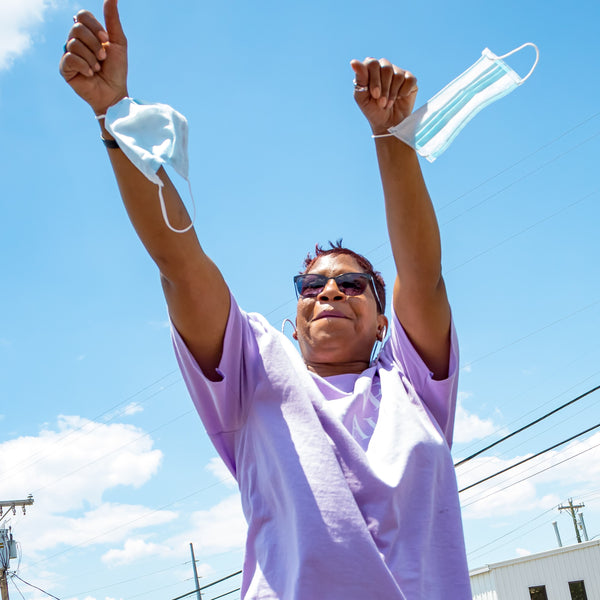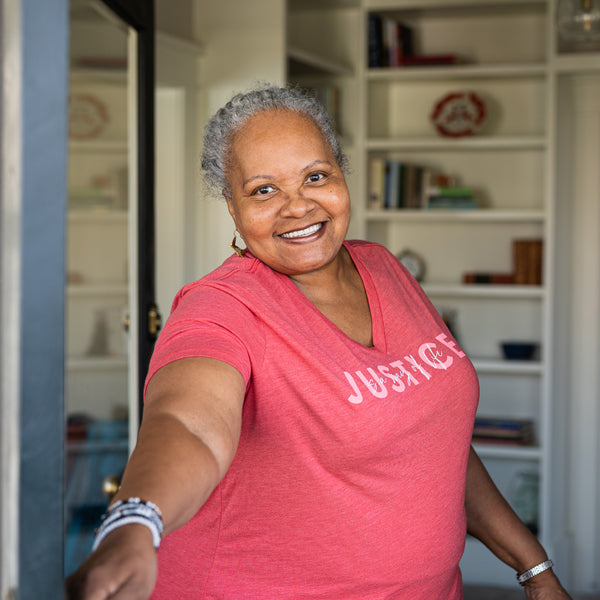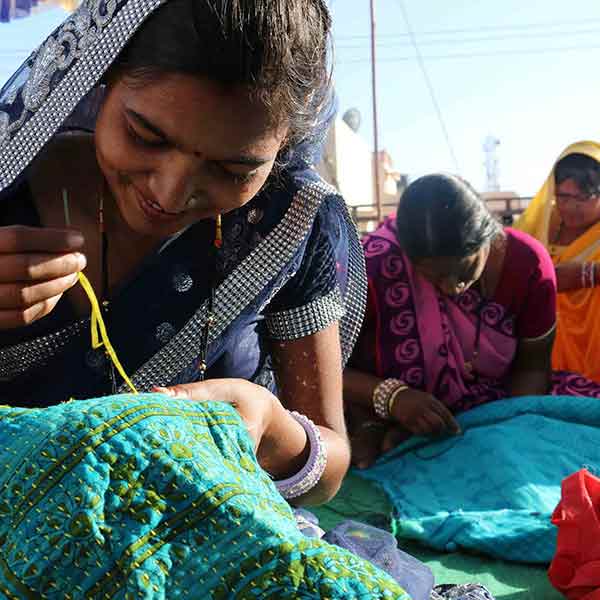Remembering the Murdered Women Erased by the Pro-Sex Work Agenda
Mellory, Suzie, Anna, and Sky. Say their names. Their lives matter. And they were viciously murdered by johns in a country where prostitution is being normalized.
Penny White For Feminist Current
Eva Marree Smith Kullander, a Swedish mother of two, was stabbed to death by her ex-husband during a supervised visit with her children on July 11, 2013.
A few years prior to her murder, Kullander (known professionally as Petite Jasmine) lost custody of her children when a family member reported her to social services.* Despite telling social services that her ex-husband was abusive, the state gave primary custody to him, and he refused to let Jasmine see their children. Jasmine fought hard to regain contact with her children, even though her ex-husband continuously threatened her with violence. After two years of court battles, social services finally began working to reunite Jasmine with her children. It was in a social worker’s office, during the first visit she’d had with her son in over a year, that Jasmine’s ex-husband stabbed her to death (the attending social worker was also stabbed, but survived).
In response to this vicious murder, the English Collective of Prostitutes, the International Committee for the Rights of Sex Workers, the Global Network of Sex Work Projects (NSWP), the Sex Worker Outreach Project (SWOP) and many other sex worker rights organizations staged protests, demonstrations, and rallies in cities all over the world.
Jasmine was “stabbed to death by stigma,” they claimed. “End violence against sex workers,” they demanded. “Full decriminalization now.”
According to these sex worker rights organizations, if prostitution in Sweden were fully decriminalized, Jasmine’s ex-husband would never have killed her.
“NSWP (Global Network of Sex Work Projects) condemns the ‘Swedish Model’ that claims to protect women involved in sex work by criminalizing clients. This paternalistic approach fundamentally denies women’s agency and marks a state stamp of approval on the stigma attached to sex work, a stamp that cost Jasmine her life at the hands of her ex-partner.”
Unlike New Zealand, which is praised by sex worker rights organizations for fully decriminalizing prostitution, Sweden has adopted the Nordic Model, which decriminalizes women like Jasmine, but continues to criminalize pimps and johns.
But are prostitutes in New Zealand really safer than prostitutes in Sweden, as sex worker rights organizations claim?
Since the Nordic Model was adopted in Sweden 16 years ago, not a single prostituted woman has been murdered by a john. Not one. Jasmine is the only one to be murdered during that time, and that was a murder committed by her abusive ex-husband.
New Zealand, with only half the population of Sweden, has lost several prostituted women to gruesome murders committed by johns since full decriminalization was implemented in 2002.
And yet not one of the sex worker rights organizations that protested so vehemently against the murder of Petite Jasmine saw fit to protest the murders of these women in New Zealand. Their murders didn’t fit the pro-sex work agenda, and so their murders were erased.
Here are a few of their stories:
Ngatai Lynette Manning was 27 years old in 2008 when she was stabbed, strangled, raped, and beaten to death with a metal pole.
Manning, more commonly known as Mellory, had a difficult childhood spent mostly in foster care, and was pulled into the vicious cycle of drugs and prostitution at the age of 14. After her sister committed suicide, Mellory fought successfully to break out of that cycle, fearing she, too, would die young. Mellory was able to get clean, enroll in a polytechnic school and study art. She and her partner, Kent Gorrie, talked about getting married and having children. But when Mellory’s poverty and unemployment made her unable to afford Christmas presents, she decided to return to prostitution for “just one night.”
On December 18, 2008, Mellory was walking down Blenheim Road and was picked up at 10:35 p.m. by Mauha Huatahi Fawcett, a 21 year old man who went by the gang name, “Muck Dog.” Fawcett had not yet received entry into the Mongrel Mob gang and had been ordered to take part in the killing of Manning to gain membership. As part of his gang initiation, Fawcett was ordered to stab Manning but claims to have backed out. He testified that as loud music blared, Mellory was strangled, stabbed, raped and beaten with a metal pole while gang members “barked like dogs” and gave Nazi salutes. Mellory died from her injuries and Fawcett dumped her body into the nearby Avon river.
Catherine Healy, national coordinator for the New Zealand Prostitutes’ Collective, says her organization is a huge supporter of New Zealand’s decision to decriminalize sex work, which makes it easy and legal for johns to purchase sex from women working at home, on the street, or from the web.
“It’s really important to have as many options as possible and to be able to work wherever one wants — we’ve avoided a monopoly scenario and it keeps exploitation in check,” Healy claims. New Zealand’s policy of full decriminalization has “been just fantastic, really,” she said.
When Mellory was murdered, sex worker rights organizations did not call for a “sex worker uprising” as they did following Petite Jasmine’s murder. In fact, there was not a single protest, rally, or demonstration organized on Mellory’s behalf. Not one.
“Suzie Sutherland was a petite woman who is said to have hated violence,” the New Zealand Herald reports. In April 2005, Jules Patrick Burns picked her up on the street to buy sex, strangled her, and left her naked body propped awkwardly against a wooden fence in a vacant lot. Her family described Suzie as a “very beautiful young woman, well-spoken and gentle.” They said she had been a good student as a child, and could play the piano and cello. A “happy and cooperative” girl, she adored animals, was artistically talented, and loved singing and acting. Her dreams for the future included travelling the world and pursuing her education. Sadly, as a young adult, Suzie started using drugs and became addicted to morphine. At 20, she attempted to get sober and entered rehab, but left before finishing her treatment. Suzie’s family hoped she would try again to break free of her addiction, but instead she moved away to Christchurch and shut them out of her life.
The john who murdered Suzie, Jules Burns, told the jury she seemed “very professional.” At the start, he said, she was “enthusiastic and talkative”, but became irritable after a while, and angrily told him he was “taking too long”. Burns claimed the sex had been a “satisfactory experience” for him, and that when he was finished he drove Suzie back to the corner where he had picked her up. According to a police statement, Burns approached several prostitutes on the morning of the murder. He was convicted of strangling Suzie and sentenced to a minimum of 17 years in prison.
There was not a single protest, rally, demonstration, or “sex worker uprising” called for by sex worker rights organizations on Suzie’s behalf. Not a single one.
In December 2005, 24 year old Anna Louise Wilson, mother of a four year old girl, was picked up for sex by Peter Steven Waihape. He drove her to a carpark, where an argument broke out when he refused to use a condom. Waihape then partially strangled the young woman, removed her clothing, bound her hands and raped her. He then pushed her out of the car and ran her over. When Anna became trapped under the car, begging and pleading for her life, he ran her over again. Witnesses to the murder reported hearing Waihape laughing as he repeatedly ran her down. This was not the first time he’d assaulted a woman.
Justice Lester Chisholm shared damning witness testimony at Waihape’s sentencing hearing: “You were then seen to get out of your car and kick her at least twice. She managed to free herself and sat up. She pleaded for her life. Then you drove at her a number of times, smashing through a concrete wall.” Waihape then dragged the young woman back into his car, drove her to the Avon river, and threw her half-naked body into the water.
“The ultimate indignity,” Judge Chisholm said, “was that you used her as a stepping platform to get out of the river. It couldn’t get much worse, Mr Waihape.” Anna’s semi-naked body was found in the Avon River about 3 p.m. on Thursday, lying in mud on her back with her wrists bound in front of her and her head submerged under water.
At the sentencing hearing, Anna’s father described the heartbreak he felt at his daughter’s funeral, watching his granddaughter “stand next to her mother’s coffin… rubbing her dead mother’s stomach.”
Despite the viciousness of the murder, there was not a single protest, rally, demonstration, or “sex worker uprising” called for by a single sex worker rights organizations on Anna’s behalf. Not one.
Nuttidar Vaikaew was a Thai prostitute living in New Zealand who went by the professional name, “Sky.” She was strangled to death by one of her “regulars,” Gordon Hieatt, in her own home. After murdering Sky, Hieatt continued to visit other prostituted women. His computer records showed him engaging in online chats with one prostitute in Thailand while still living in the apartment with Sky’s decomposing body. In the messages, Hieatt admitted to murdering Sky and “said he read jokes all day to cheer himself up.” When the police found Sky’s body, it was on a bed in the lounge, heavily decomposed, and holding an ace of hearts playing card. Hieatt was sentenced to 11 years in prison.
There was not a single protest, rally, demonstration, or “sex worker uprising” called for by sex worker rights organizations on Sky’s behalf. Not one.
“It’s been just fantastic, really.”
“Often sex workers are really envious that sex workers have rights in this country that are the same as anyone else in the work force,” Healy said.
New Zealand has half the population of Sweden. Half. And not one prostitute has been murdered by a john in Sweden since the Nordic model passed in 1999. Not one in 16 years.
Surely anyone who cared about the lives of prostituted women would call that “fantastic” — much more so than the gruesome realities faced by New Zealand’s prostitutes.
But let’s not just pick on New Zealand. In Germany, 55 prostitutes have been murdered since 2002 when prostitution was legalized. There have also been 29 attempted murders.
The Netherlands has almost the exact same overall murder rate as Sweden. But 28 prostituted women have been murdered in the Netherlands since the year 2000, when prostitution was legalized.
Let’s review those numbers.
Germany: 55 sex workers murdered by johns in 13 years. The Netherlands: 28 sex workers murdered by johns in 15 years. Sweden: Zero sex workers murdered by johns in 16 years.
Zero.
“We demand an end to stigma, criminalization, violence, and murders. “ the NSWP declares.
But if that’s really what they want, why aren’t they supporting the Nordic Model? Perhaps it’s because the Nordic model cuts into the profits of the more privileged women in prostitution, pimps, and brothel owners. What’s a few murdered women when there’s so much money to be made?
Mellory, Suzie, Anna, and Sky. Say their names. Their lives matter. And they were viciously murdered by johns in a country where prostitution is being normalized.
Please do not erase them.
*Editor’s note, November 4, 2015: Initially this article stated that Petite Jasmine had lost custody of her children because she was selling sex. It turns out there is no evidence to support this claim, but rather is yet another attempt by the pro-sex industry lobby to manipulate the narrative to push their agenda. It seems, in fact, that Petite Jasmine was reported to the authorities by a family member who claimed she was drinking and using drugs (it is not confirmed that Petite Jasmine actually was abusing drugs or alcohol). This article has been amended to reflect this information.
Penny White is a radical feminist freelance writer living in San Francisco. She has a master’s degree in psychology with an emphasis on childhood sexual trauma, and has worked for over 10 years as a case manager/peer counselor for mentally ill people living in poverty. Penny is currently a volunteer at The Gubbio Project in San Francisco, which serves people of all ages and abilities who have no homes. Follow her @kindsoftheart.












